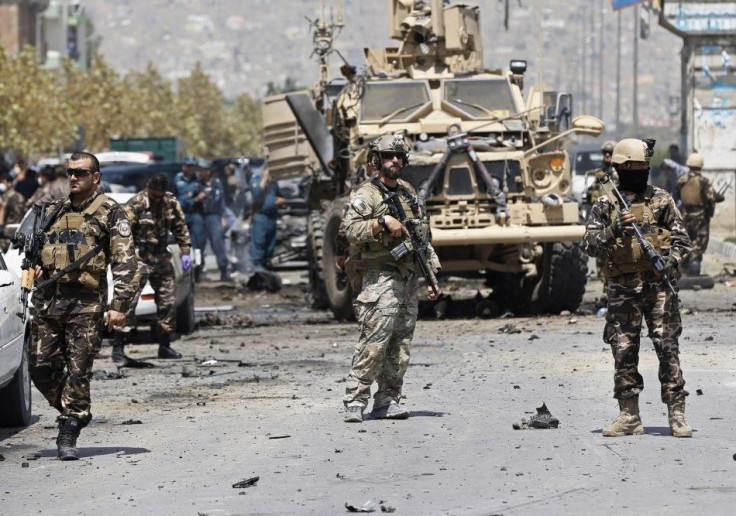Australia's Aid and Weapons Deliveries in Iraq 'Without Incident'; UN Backs Efforts to Fight ISIS

The United Nations has expressed its full support of Australia's role in Iraq as Australian troops completed the first drop of supplies weapons for Kurdish fighters in northern Iraq. According to reports, arming Iraqi government forces is part of the US-led effort to defeat the Islamic State of Iraq and Syria militants or also known as ISIS.
In a news conference in Auckland, UN Secretary-General Ban Ki-moon said that countries like Australia are important in addressing the situation in Iraq. He believes there is a need to use "certain means" such as military action to put a stop to terrorist activities.
The Defence Department confirmed the completion of Australia's first arms delivery. It said the C-17A Globemaster aircraft went Tirana in Albania last weekend to load the weapons before making the drop in the town of Erbil via Baghdad. The Australian plane landed at Al Minhad Air Base in United Arab Emirates.
Reports said Australia's Foreign Minister Julie Bishop is expected to receive the formal invitation of the North Atlantic Treaty Organisation to become its "enhanced partner." Australia's relationship with NATO has grown in recent years despite not being a member of the organisation. Bishop will travel to Wales to accept the honour on behalf of Australia.
Prime Minister Tony Abbott acknowledged the risk that Australia's troops are taking while making humanitarian aid and weapons drops. In a statement released on Sept. 3, the defence department said the first arms delivery was a success with no shots fired at the transport aircraft.
Vice Admiral David Johnson, chief of joint operations, declared more supplies and aid may be carried out in the coming days to help the people of Iraq who are stranded because of the ensuing fight in Iraq.
Reports of Australia's C-130 being targeted by ISIS while carrying out its humanitarian mission have recently surfaced but Mr Abbott was not advised that the aircraft was in the line of fire. Defence Chief Mark Binskin said he received no reports of the plane coming under fire. However, he admitted ground fire from enemy parties was "not unusual" in a war-torn territory.
The risks are reasonable considering the importance of humanitarian aid missions, Mr Abbott said.
Meanwhile, the Iraqi ambassador to Australia has warned that weapons intended for Kurdish troops should be directed to the central government in Baghdad. Mouayed Saleh told media there was a risk that the weapons might fall into the wrong hands. He has yet to express this view with the Australian government but he hopes future arms deliveries to Kurdish troops would be organised by the Iraq's central government.




















